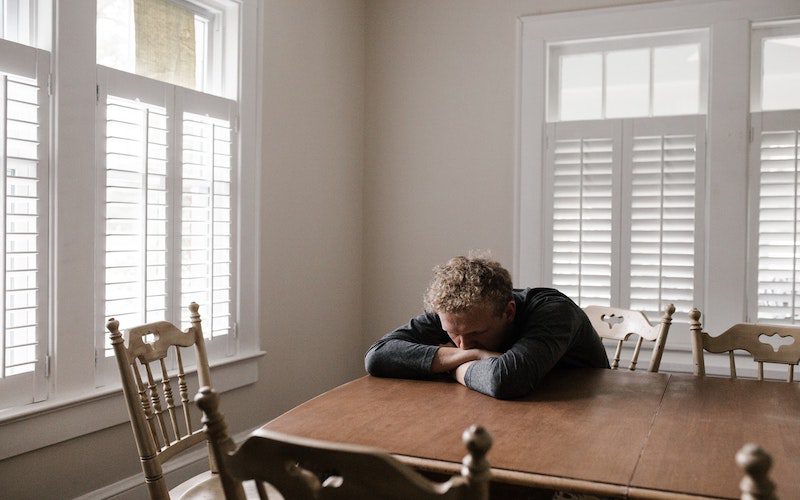
Depression is a common illness that affects both men and women, but women are more likely to seek treatment for it. Depression in men often goes undiagnosed, and manifests with different symptoms that men and the people around them may not recognize as depression.
There are three common types of depression:
- Major depression, which is a period of severe symptoms that interfere with a person’s ability to work, sleep, eat, and enjoy or participate in other aspects of life;
- Dysthymic disorder/dysthymia, which involves less severe symptoms than major depression, but experienced for a longer duration, 2 years or longer;
- Minor depression, which involves less severe symptoms that may not last as long.
Depression can be Different for Men and Women
Men may experience depression differently than women do. Common symptoms of depression in men include (this should not be considered a complete list):
- Feelings of sadness, hopelessness, or emptiness;
- Feeling very tired;
- Difficulty sleeping;
- Lack of enjoyment in activities one used to enjoy.
Sometimes men with depression engage in uncharacteristic behavior that they or their loved ones may not recognize as depression. Escapist behavior, throwing oneself into work, sports, etc., can be a sign a man is depressed, and so is reckless behavior, like risky driving. Sometimes when men are depressed they drink more heavily or abuse drugs. Controlling, abusive, or violent behavior, or irritability or inappropriate displays of anger can all also be signs of depression.
Depression in Men Linked to Suicide
The scary reality of depression in men is that while women are more likely to attempt suicide, men are more likely to complete the act. According to the Centers for Disease Control, in 2014, suicide was the second leading cause of death for all American males ages 10-34. In the age 35-44 cohort, suicide drops to #3. The Mayo Clinic describes some reasons why men are more likely to complete suicide than women are—men are more likely to use guns, to act on impulsive thoughts of suicide, and not to show warning signs like talking about suicide.
Several personal stories published recently are beginning to shed more light on men’s struggle with depression. The writers describe their difficulty in speaking out about their depression, the pressure men face to not express feelings, to appear strong or tough at the expense of their own wellbeing. Cultural expectations of masculinity can get in the way of men talking about their depression symptoms or seeking treatment, the idea that “real men” just tough it out or try to suppress or avoid their feelings with drinking, substance abuse, or other reckless behavior.
But it doesn’t have to be that way. If you think that you or a man in your life might be depressed, it’s important to seek help, through a doctor or a therapist. Many people with depression find antidepressant medication very helpful for relieving their symptoms. Lifestyle changes, like a healthy diet, exercise, and socializing, can also be helpful for many people.
If you’re experiencing suicidal thoughts, you don’t need to suffer alone. Call a crisis hotline now.
Agora Crisis Center (24 hrs, 7 days): 505-277-3013 / 1-866-HELP-1-NM
National Suicide Prevention Lifeline (24 hrs, 7 days): 1-800-273-8255

